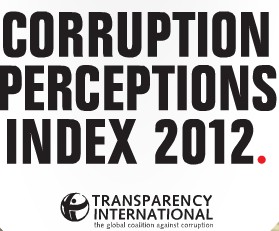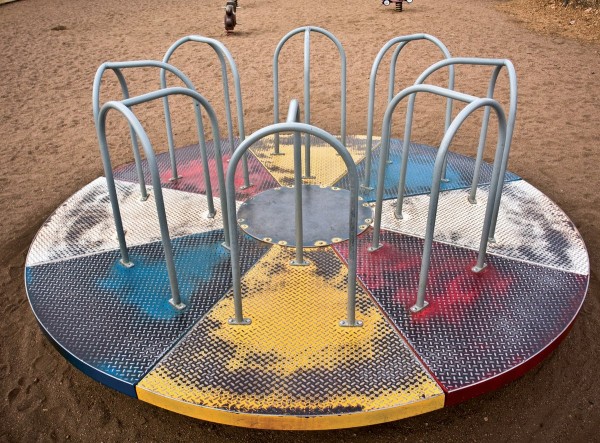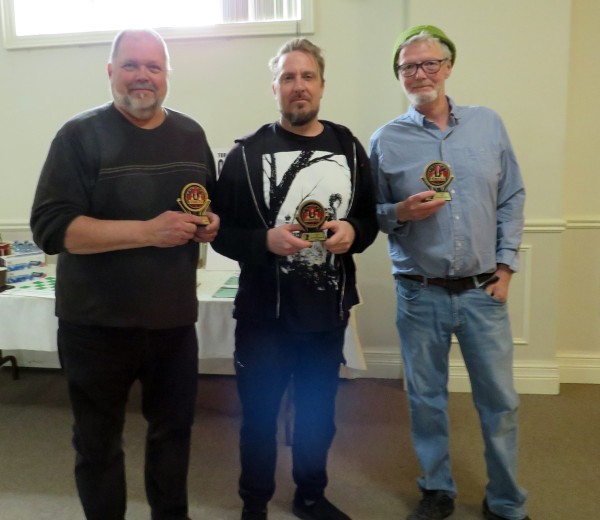Transparency International has release its 2012 data for Corruption Perception Index. The CPI scores countries on a scale of zero to 100, with zero indicating high levels of corruption and 100, low levels. Two thirds of the 176 countries ranked in the 2012 index score below 50 - meaning they are considered significantly corrupt.
Estonian has dropped three places from 29th to 32nd compared to last year's results. Estonia is preceded by Botswana and Spain and followed by Portugal, Bhutan and Puerto Rico. Lithuania is ranked at 48th and Latvia at 54th place. Russia occupies 133rd rank. The lowest scored country in EU, however, is troubled Greece - ranked down 14 places to number 94th. Syria too, presently in the middle of civil war, is down 15 places to number 144, making it one of the most corrupt countries on earth. Egypt, presently in the middle of demonstrations, is down six places to 118 out of 174 countries ranked by the index.
And the most corrupt places in the world are not the most surprising. Unstable governments, often with a legacy of conflict, continue to dominate the bottom rungs of the CPI. Afghanistan, North Korea and Somalia share last place with a score of only eight out of 100 for transparency.
Unsurprisingly, at the top are some of the world's most stable countries - New Zealand, Denmark and Finland are number one. That's a move up of one place for the latter two.
The US has had a larger rise though - up five places to number 19, in contrast to the UK's drop of one place to number 18.
Changes in methodology mean scores cannot be compared, year on year, although the relative placing of each country can be.
The Index, which is closely watched by investors, economists, and civil society campaigners, is based on expert assessments and data from 13 surveys from independent institutions, covering issues such as access to information, bribery of public officials, kickbacks in public procurement, and the enforcement of anti-corruption laws. While critics note that measuring perceptions of corruption is not the same as measuring corruption itself, the latter is almost impossible to do - as the corrupt are usually keen to cover up their tracks, hard data on graft and bribery is notoriously difficult to come by.
http://www.transparency.org/wh...
Viimased kommentaarid
Kommentaarid on kirjutatud EWR lugejate poolt. Nende sisu ei pruugi ühtida EWR toimetuse seisukohtadega.
198407 Dec 2012 07:44
... welcome to the central bankers' new world order - er,uh, no thanks!
wavettore06 Dec 2012 15:51
Communism and Capitalism have both failed as systems of government because of the same illness: corruption.
In a new and long lasting form of government, Trust can no longer be one of its components. All efforts should be made to form a new type of government with new mechanisms that will not require the element of Trust or the promise of a politician to guarantee that the will of the majority will always be reflected in the laws of that government.
This will be a system that could improve in time the already existing possibility of such government today structured through the use of the Internet.
A new form of Democratic government is Commutalism.
Commutalism is a new concept of Democracy without politicians which is organized through the Internet to balance the needs of the Individual with the Respect for Equality.
Commutalism is structured to provide the necessary goods for the survival of everyone and introduces at the same time a new transparent form of Capitalism to trade all those goods which are not necessary, like in a market open to the competition of all superfluous goods.
For the sake of transparency, this new type of Capitalism would rule that each single transaction must be reported on the Net to become visible like an invoice made public and taxable at the origin with one fix percentage applied for everyone.
In such system, all private properties and their owners like also all money transactions and trades of private property must be publicly reported on the Net. This is to prevent unlawful transactions and root out corruption through the immediate confiscation of those goods that have not been reported.
Moreover, to reduce Greed and restore the financial equilibrium worldwide, it will be enough to eliminate the concept of inheritance. The private property of the people will return to the State after the death of each person to be auctioned among all citizens. People could spend as much as they want to educate their children but inheritance and donations would not be allowed.
Once the survival is guaranteed for everybody there will be no need to be as tolerant with crime as we are today when the crime is a consequence of our corrupted system.
In Commutalism, the right to own must be protected and guaranteed also for those who want to work and trade their own Time to obtain more than just the basic necessities provided by the system.
http://www.wikinfo.org/Multili...
Loe kõiki kommentaare (2)



























